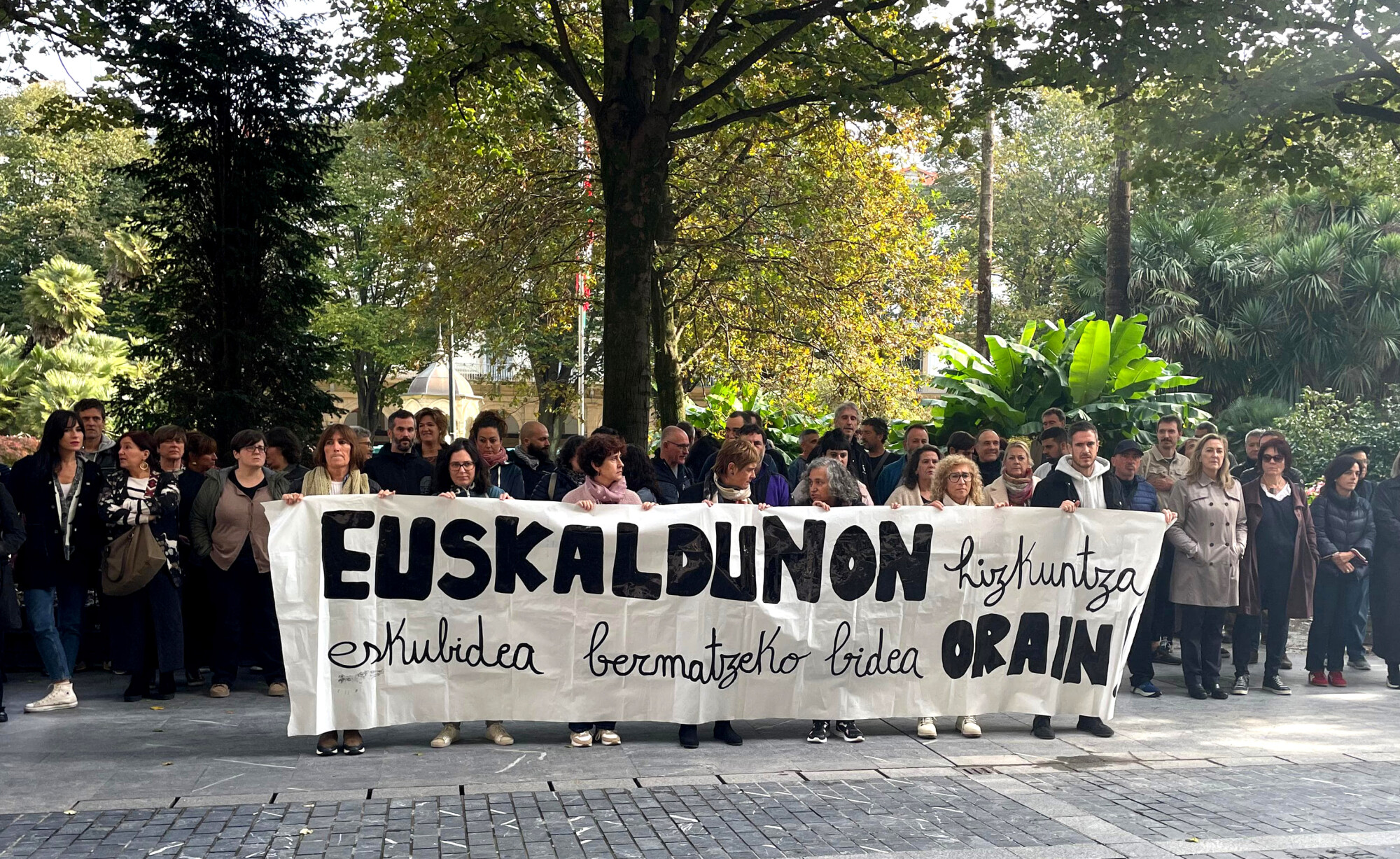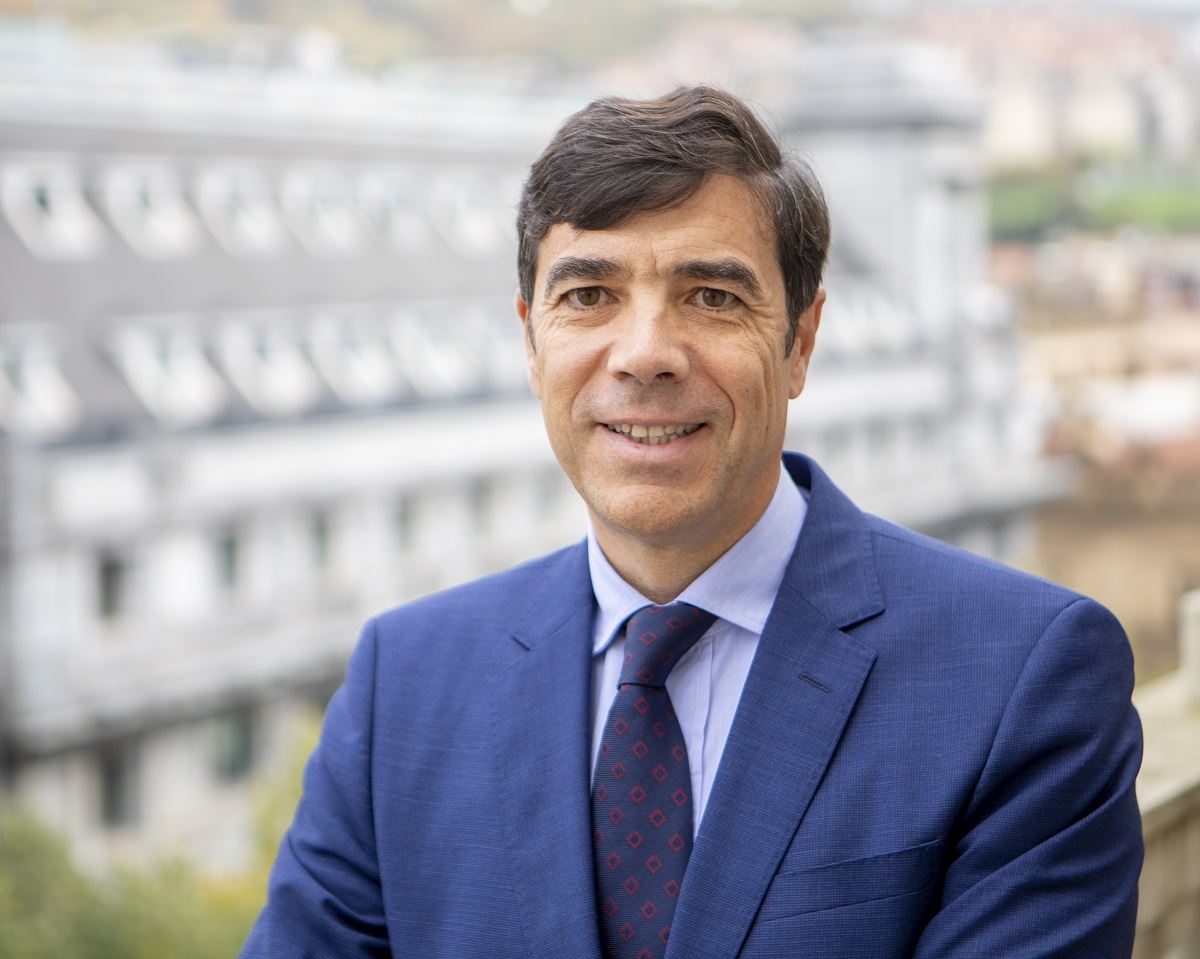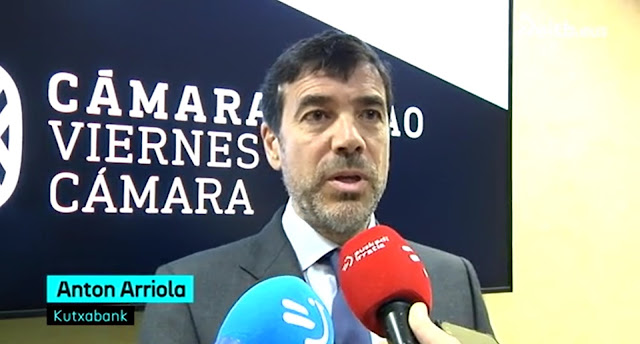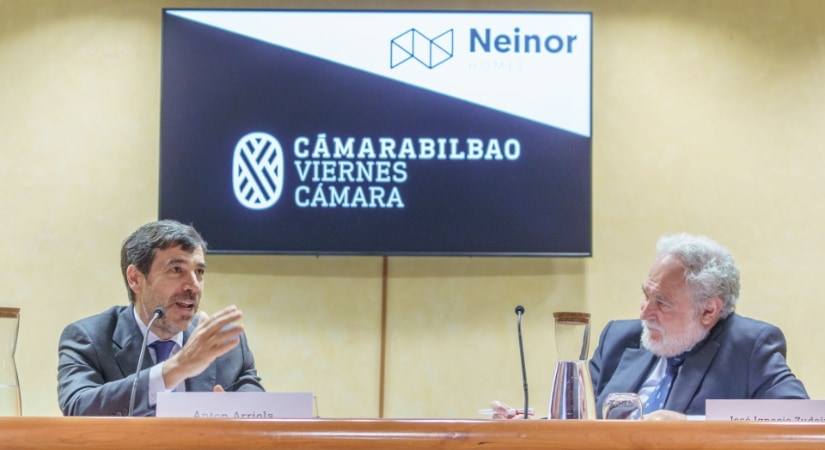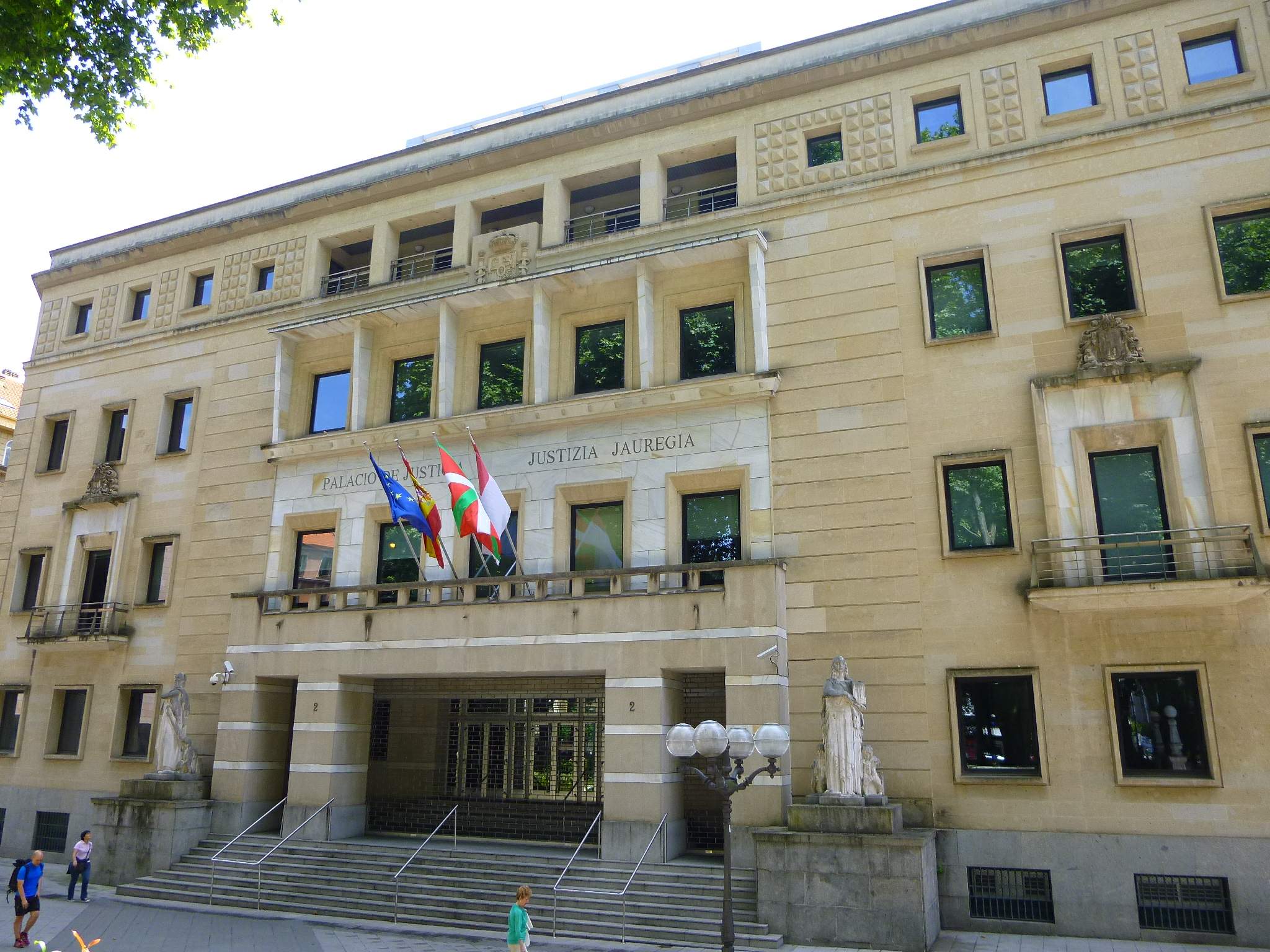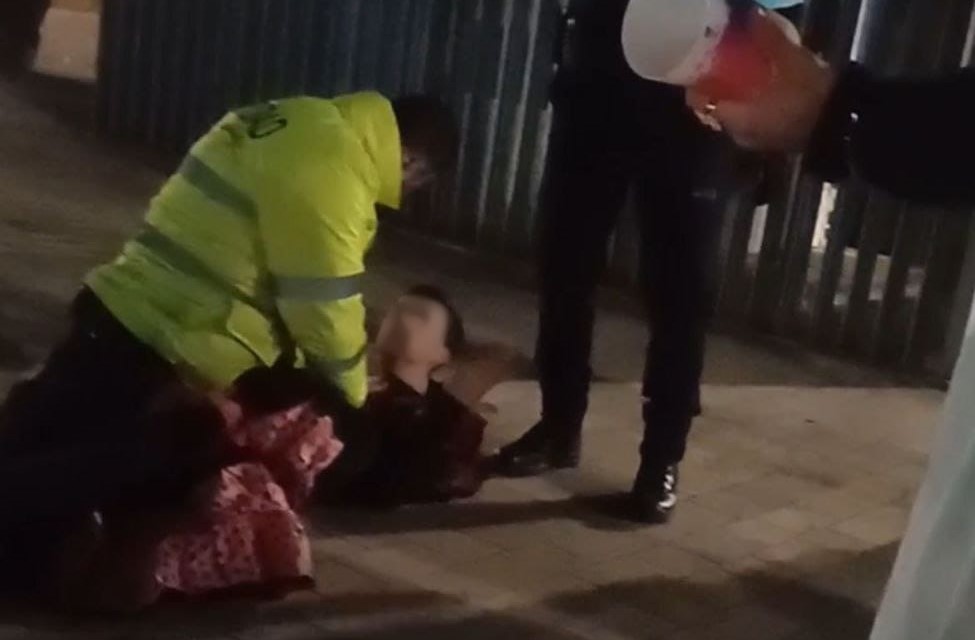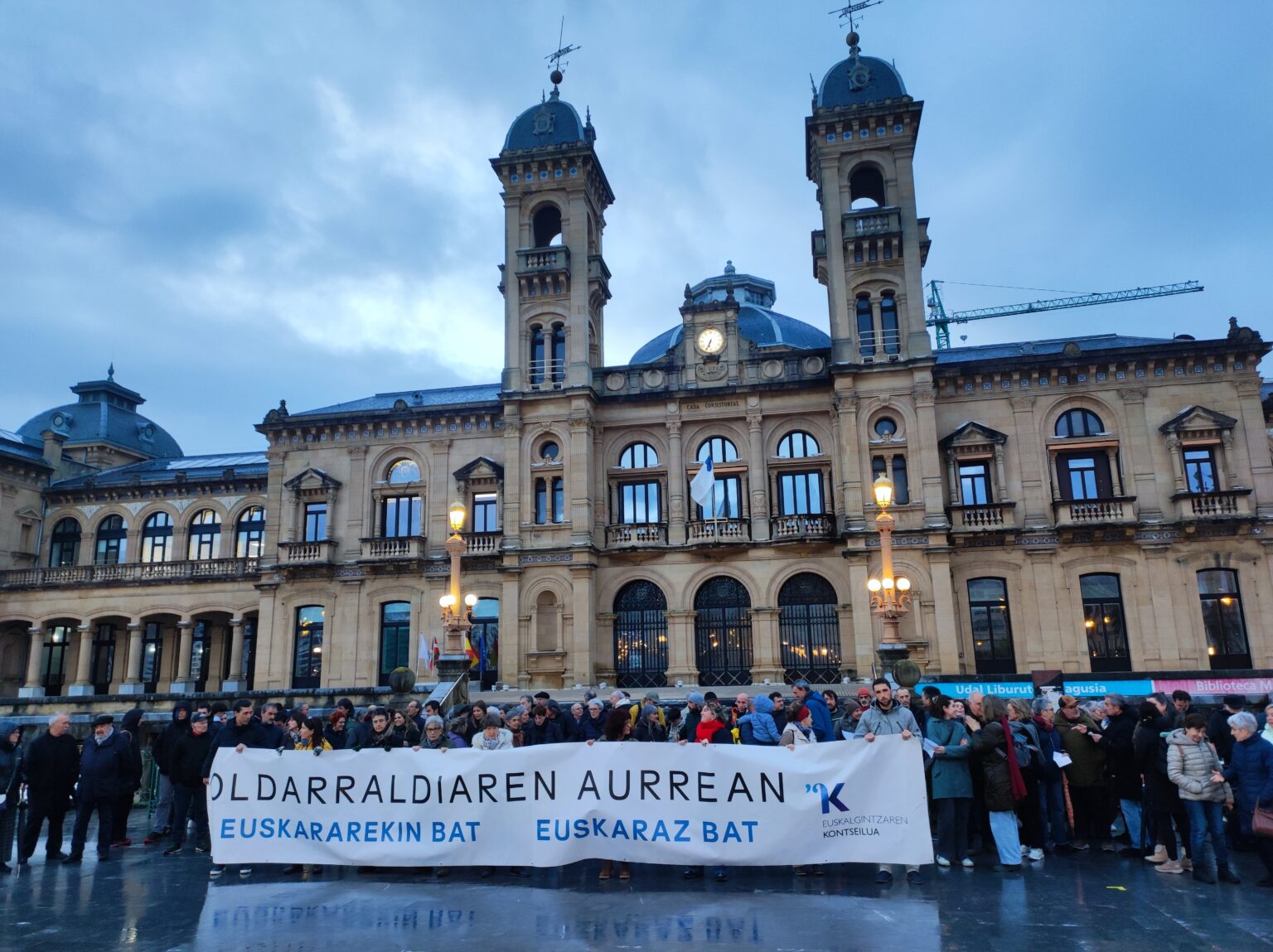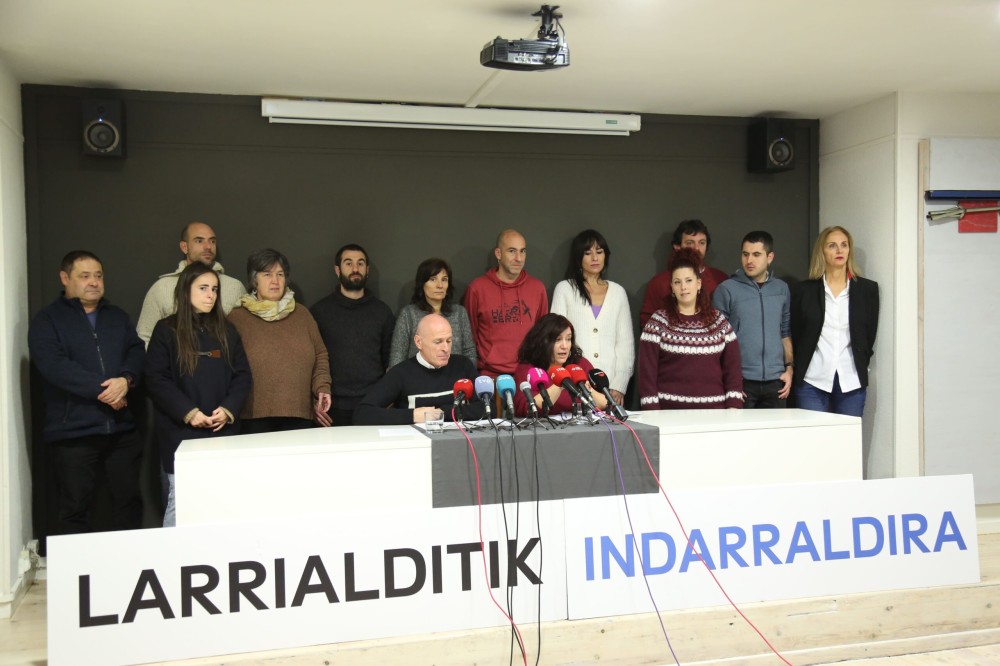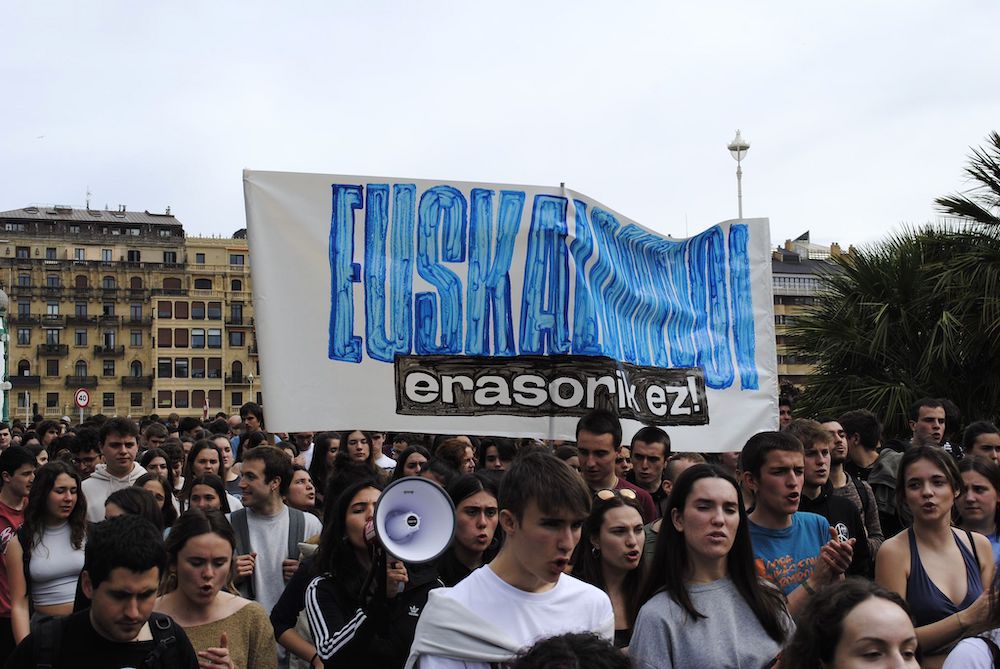A right of all
- Language rights have appeared in the headlines more than usual in recent times, although they have not announced good news. The courts have rejected language profiling in various jobs serving citizens. Agurne Gaubeka, director of the Observatory on Linguistic Rights, visited Barakaldo with the aim of offering citizens tools to live in Basque.
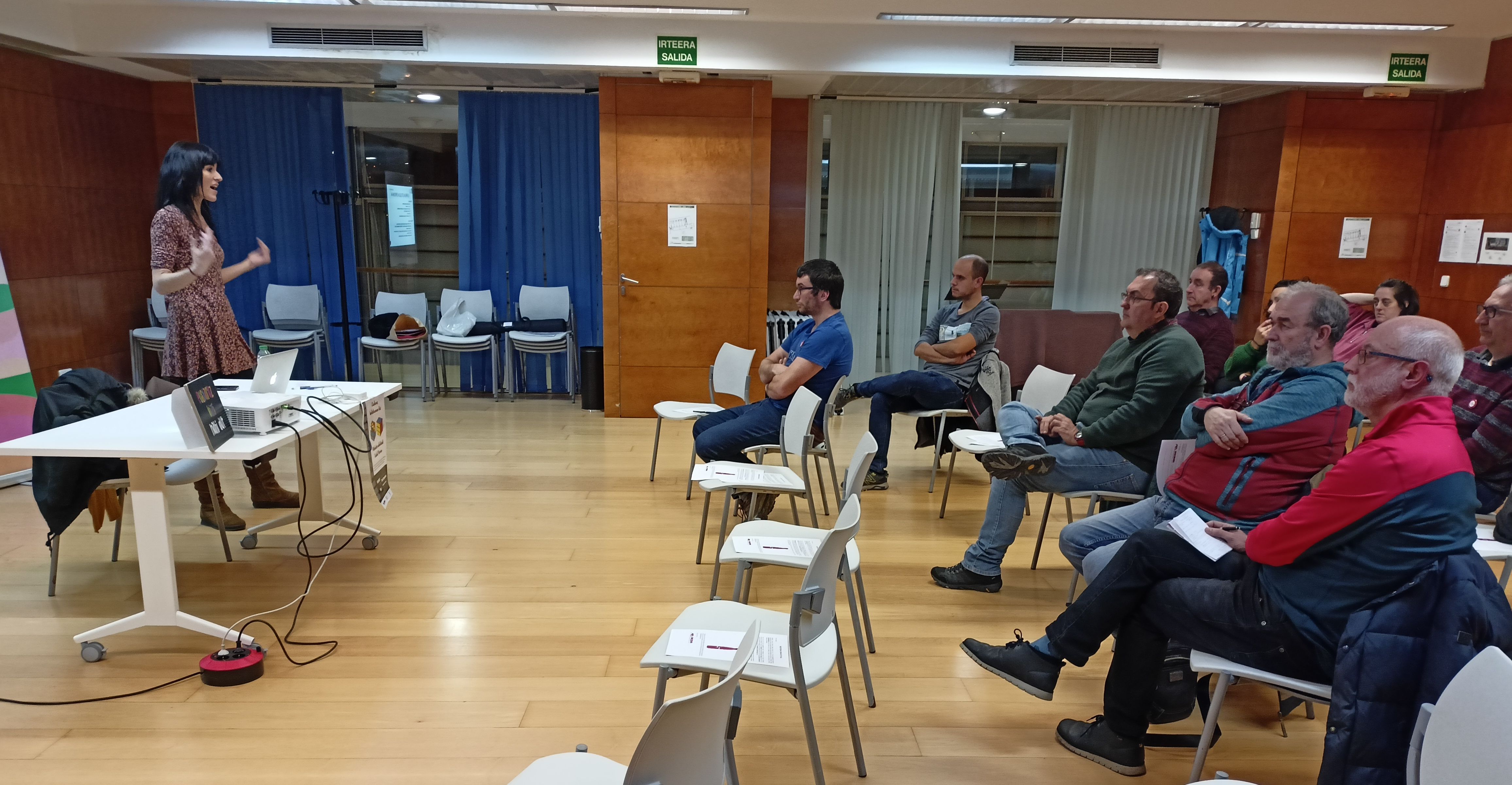
For many Basques it is the bread of every day. The obstacles are there, close or further away from us: in the Northern Basque Country they cannot do the tests in Basque; the Basque Government does not comply with the audiovisual law; or the Government of Navarre places obstacles to offering the model D; finally, it denies it in Lerín.
The Observatory on Linguistic Rights was set up in 2001 by the Council to mediate between citizenship and the company or administration that infringes rights in each case. Since then, it has been involved and receives more than 1,000 complaints every year. There are also messages of congratulations that have managed to reverse the situation.
Barakaldo case
The Basque people in Barakaldo have not started the year well either. The High Court of Justice of the Basque Country has ruled that the City Hall cannot demand Euskera for subcontracted personnel for public services. The Council of Euskalgintza denounces that the current normalization decree of the Basque Country allows the requirement of the Basque Country in the subcontracting clauses.
On Thursday, it took place at the Casa de Cultura Clara Campoamor de Barakaldo, the director of the Observatory, Agurne Gaubeka, who explained that “the objective of these talks is to empower citizens, publicizing linguistic rights”, while the audience was coming and setting up. The event is organized by the Basque Association Sasiburu and the Barakaldo Euskaraz group.
“We all have the right to be treated in our language, but we must not confuse it with legal protection, something that is unfortunately in force in some areas of the Basque Country and is not always complied with”. Gaubeka insists that we must know what the law is and what the law says. The universal declaration of human rights recognizes that “no one shall be discriminated against on the basis of language”.
The Basque Government argues to the Observatory that “they do not want to impose anything” and leave it in the hands of voluntarism
The law has the function of guaranteeing the right, but it does not. The rapporteur explains that “we are granted the right but passively. We can do it in Euskera, but we are not guaranteed the answer in Euskera, because there is no law to enforce it”.
The legislation of consumers and users of the CAPV obliges the provision of the service in Basque to public health and education, among many other companies in the private sector such as communication, energy or transport.
It is enshrined in the law, but it does not impose any sanction for violation of linguistic profiles. The Basque Government argues to the Observatory that they do not want to “impose anything” and leave it in the hands of voluntarism. “But it has been seen that this does not work and that the guarantee of the law is necessary. In Catalonia, for example, the administration is much more demanding and Catalan has a much larger presence. If you want, it’s possible,” says the Observatory member.
Myths in court
As the administration looks elsewhere, the courts are coming up with the latest milestones for language rights. Although in Navarre these kinds of marginalization sentences were already common, in the CAV they have increased in the last season. “The interested parties have realised that there is the possibility of rejecting the Basque people in the courts, and they are resorting to it.”
Gaubeka states that sentences are based on prejudices that are rooted in society. “The courts take advantage of these myths: whether the Basque language is very difficult, as in the case of Laudio, that not all languages serve all situations, or that the language is only a communication tool, and that is why one must choose the most effective one. They look like far-off impressions, but we've heard these kinds of views in the talks that we're giving out from village to village. We have them more internalized than we think and the rulings against the Basque Country reflect this.”
Faced with the last move of the courts, in Barakaldo they have the feeling that the citizen’s response has become stronger
The debate on “good Basque doctor or doctor” has not been missed. For Valdegovía “he has no leg or head.” Can it not be good being Basque? And he pointed out that the good will not be so good if he does not know how to deal with the language that the citizens are asking for. “In fact, common language is often isolated from everything else, but it is at the basis of other rights. The right to health is being violated if the patient seeking care in Euskera has to wait two hours in the room. Or the same with the right to security, if in an emergency you are not called and understood in Basque.”
Faced with the last move by the courts, in Barakaldo they feel that the response of the citizens has been higher. A mass demonstration took place after hearing the judgment.
They have also attended the conference and they have also had something to say: “As in Barakaldo we hear more in Spanish than in other areas, it seems that the Basques and the Basques have less right to live in Basque. Services in Euskaldunes are prioritized in the Basque municipalities, leaving Barakaldo and similar to the end. They treat Barakaldo as if he were Salamanca.”
They may have told us less about enough, but Gaubeka remembers that it is available to citizens “365 days and 24 hours”. From the Casa de Cultura Clara Campoamor we have gone out more dresses of rights and legislation, as well as the veneer of the Sasiburu association: “Your basque is nice!”
From linguistics or glotophobia and, of course, hatred against Basque, we have often seen our Basque become the dandruff of all sticks. Last of all, the president of Kutxabank, Anton Arriola, has been shaking our language and giving us galantas.The President of Kutxabank,
... [+]
Euskal Herrian Euskarazek manifestazioa deitu du apirilaren 6rako, 11n EHEko bi kide epaituko dituztelako. Hiriburuetatik autobusak antolatzen ari dira. Bi helburu bete nahi dituzte, batetik, epaituak izango diren bi kideei babesa erakustea, eta bestetik, euskararentzat justizia... [+]
"Poloniar bat etortzen bada eta bost urte pasako baditu proiektu batean, joder agian ez zaio egoki irudituko seme-alabek euskaraz ikastea, ezta?", bankuko lehendakari Anton Arriolak adierazi duenez. Euskalgintzako eragileek gogor kritikatu dute eta esandakoa... [+]
Ba al dakizue frantses batzuk harritu egiten direla mugaren alde honetan ere euskaldunak bagaudela jakitean? Ba bai, harrigarria bada ere, behin, Donostian, frantses batzuei entzun nien sinetsi ezinik beren buruari galdetzen: “Saint-Sébastien est au Pays... [+]
Gasteizko 1 zenbakiko Auzitegi Kontentzioso-Administratiboak emandako epaia berretsi du EAEko Justizia Auzitegi Nagusiak. Lan poltsan parte hartzeko euskara maila altuenaren baliokide diren 3. eta 4. eskakizunak indargabetu zituen Gasteizko Auzitegiak.
Euskal Herrian Euskarazen arabera, Tolosako tren geltokiko segurtasun agente batek eraso egin zion militante bati, agenteari euskaraz hitz egiteko eskatu ziolako. Tolosako alkateak "kezka" adierazi du eta azalpenak eskatuko dituela jakinarazi.








